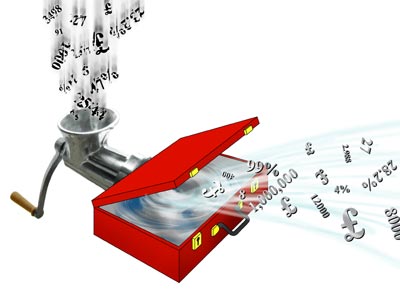Basic page
Plus Magazine
May 2002
Fluid mechanics is the study of flows in both liquids and gases, and is therefore enormously important in understanding many natural phenomena, as well as in industrial applications.
Tags
Taxonomy upgrade extras





